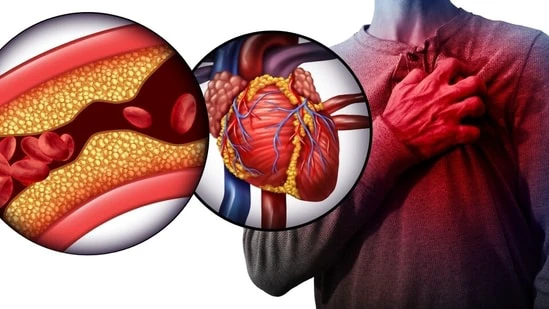The advent of healthy eating and living has led to people introducing seemingly ‘healthy’ ingredients or food items into their diets.
However, according to Dr Dmitry Yaranov, MD , there is one thing that we unknowingly consume that is silently damaging the heart more than cholesterol. Let’s find out what it is:
Not cholesterol, this 1 thing silently damages your heart
Dr Yaranov pointed out that as a cardiologist, he sees heart disease caused by more than just cholesterol. Writing, “The #1 thing silently destroying your heart ,” he revealed that there’s a common additive – hiding in drinks, snacks, sauces, and ‘healthy’ foods – that’s hurting hearts and fueling diabetes: Sugar.
But how does sugar manage to cause such harm? According to the cardiologist, “Just one serving a day of sugar is linked to an 18 percent higher heart disease risk. Two or more? 21 percent higher – even in people who work out.”
‘Sugar is tied to over 1 million new heart cases’
According to the cardiologist, in 2025, researchers showed that high intake of sugar, especially from ultra-processed foods, raises heart disease risk by 17 percent, coronary artery disease by 23 percent, and stroke by 9 percent.
“Globally, it’s tied to over 1 million new heart cases and 2.2 million new type 2 diabetes cases in a year. A JAMA Internal Medicine study found people getting ≥25 percent of calories from sugar had over twice the risk of dying from cardiovascular disease vs those eating <10 percent,” he wrote, sharing significant data.
Moreover, sugar fuels inflammation, raises blood pressure, worsens cholesterol, and disrupts glucose control – a double hit for the heart and pancreas. Dr Yaranov pointed out that the American Heart Association suggests how much sugar one should consume:
• Women: ≤6 tsp/day (~100 cal)
• Men: ≤9 tsp/day (~150 cal)
Lastly, he warned, “Most people eat 2-3 times that without knowing. Check your labels. Limit it. Protect your heart and your blood sugar.”
